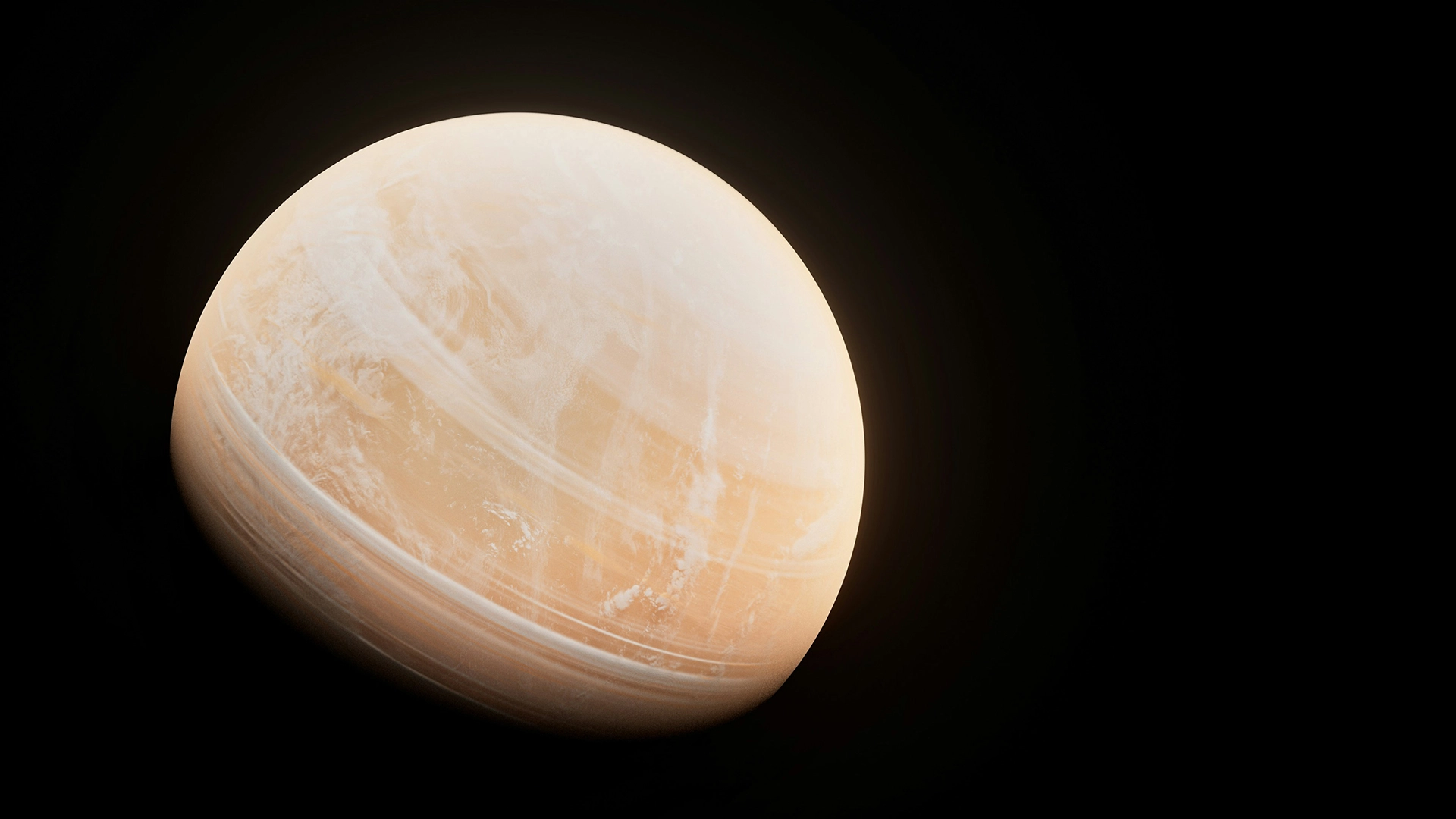
Photo by Planet Volumes on Unsplash
Swiss Researchers Use AI to Identify Planetary Systems That Could Host Life
Swiss researchers from the University of Bern and the National Centre of Competence in Research PlanetS (NCCR PlanetS) built an AI model to detect potentially habitable planets and published a paper in the journal Astronomy and & Astrophysics with details of their research this month.
In a rush? Here are the quick facts:
- Swiss researchers built a machine learning model to detect Earth-like planets in planetary systems.
- The AI model found 44 planetary systems that host at least one planet with the required conditions.
- This research can accelerate the chances of finding another habitable planet.
According to the paper, the scientists’ goal was to “predict which stars are most likely to host an Earth-like planet (ELP)” using AI. The team trained a Random Forest, a machine learning algorithm, to classify ELPs with a “not hosting” and “hosting” criterion.
The machine learning-powered model was used first in synthetic planetary systems developed with the Bern Model, and then in real systems. The AI model proved 99% accuracy, and found 44 planetary systems that could host at least one Earth-like planet.
“The excellent results obtained from the tests conducted on the ML model demonstrate its ability to recognise the typical architectures of systems with or without ELPs within populations derived from the Bern model,” states the document.
According to Forbes, this research could accelerate the chances of finding another habitable planet and revolutionize progress in this search.
“It’s one of the few models worldwide with this level of complexity and depth, enabling predictive studies like ours,” said co-author Dr. Yann Alibert, co-director of the University of Bern’s Centre for Space and Habitability, as reported by Forbes. “This is a significant step in the search for planets with conditions favorable to life and, ultimately, for the search for life in the universe.”
According to Futurism, up until now, scientists have confirmed the existence of 5,800 planets outside our solar system, and exoplanets are extremely difficult to detect. This new research makes major progress in the field, but there is still much to be specified and developed.
Space companies, such as SpaceX, have been studying and developing technologies to take humans to other planets. SpaceX announced last year that it expects to launch uncrewed rockets to Mars in the next two years, followed by crewed models in the next 5 if everything goes according to plan.




 Latest articles
Latest articles 

Leave a Comment
Cancel